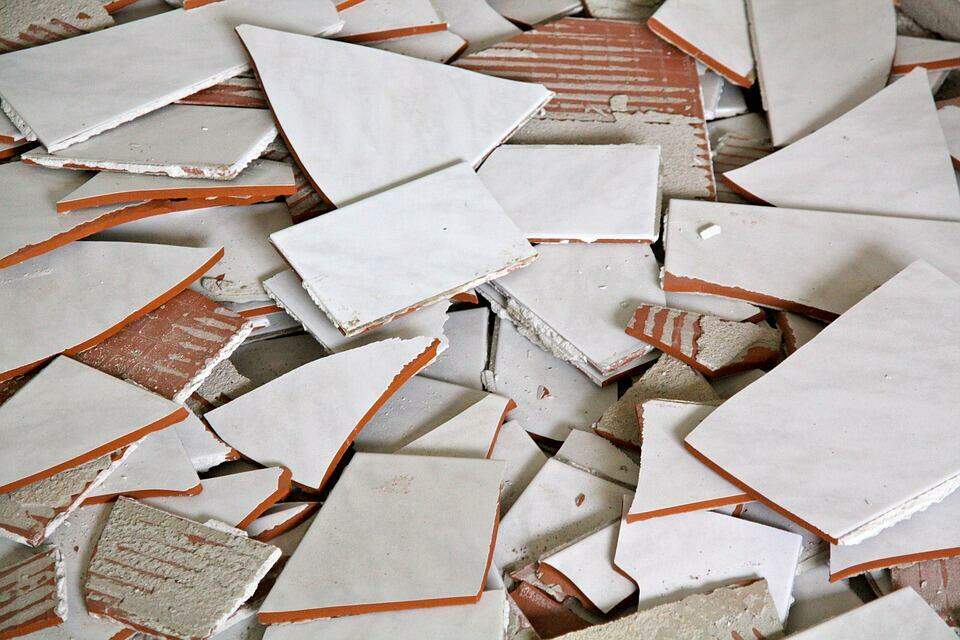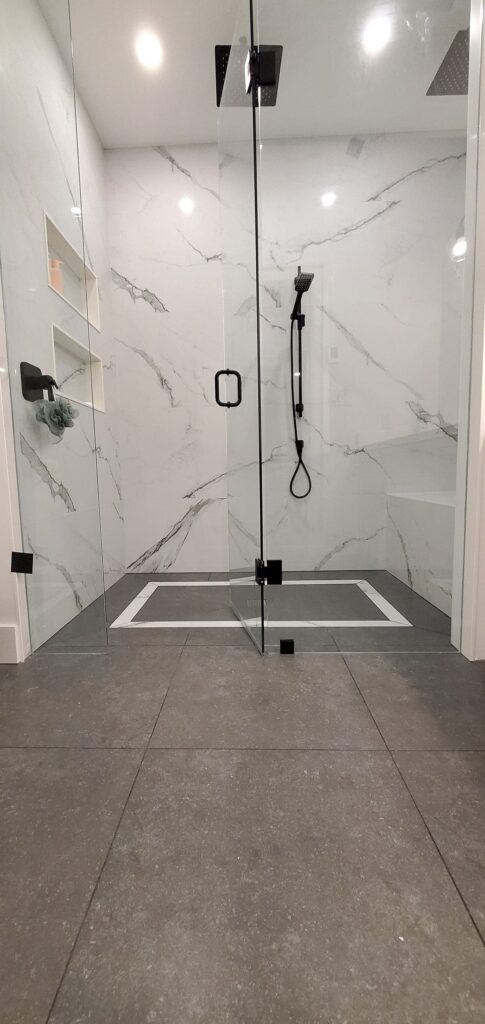In the world of interior design and construction, every detail counts. From the color of the walls to the type of flooring, each element contributes to the overall aesthetic and functionality of a space. Among these elements, tile installation stands out as both an art and a science. Professional tile installer play a crucial role in transforming ordinary spaces into breathtaking environments. This comprehensive guide delves into the world of professional tile installation, exploring the skills, techniques, and expertise required to master this craft.
The Role of a Professional Tile Installer
A professional tile installer is a skilled tradesperson responsible for installing various types of tiles, including ceramic, porcelain, marble, and mosaic, in residential, commercial, and industrial settings. Their primary objective is to ensure that tiles are installed correctly, securely, and aesthetically pleasing, meeting the client’s specifications and adhering to industry standards.

Skills and Expertise
Becoming a professional tile installer requires a combination of technical skills, artistic flair, and attention to detail. These include:
- Knowledge of Materials: A thorough understanding of different types of tiles, adhesives, grouts, and substrates is essential. Professional tile installers must know which materials are suitable for specific environments and applications.
- Precision Measurement: Accurate measurement and layout are critical for achieving a seamless tile installation. Professional installers must be proficient in using measuring tools and techniques to ensure precise cuts and alignments.
- Surface Preparation: Proper surface preparation is fundamental to a successful tile installation. This includes cleaning, leveling, and priming the substrate to ensure optimal adhesion and longevity of the tiles.
- Cutting and Shaping: Professional tile installers must be adept at cutting and shaping tiles to fit irregular spaces, corners, and angles. This often involves using tile saws, nippers, and other cutting tools with precision.
- Installation Techniques: From traditional grid patterns to intricate mosaic designs, professional tile installers must master various installation techniques to accommodate diverse client preferences and project requirements.
- Attention to Detail: Meticulous attention to detail is crucial for achieving flawless tile installations. Professional installers must pay close attention to spacing, grout lines, and alignment to create visually appealing and structurally sound surfaces.
- Problem-Solving Skills: Tile installation projects often present unexpected challenges, such as uneven substrates or hidden obstacles. Professional installers must possess strong problem-solving skills to overcome these hurdles and deliver quality results.

Certification and Training
While formal education is not always required to become a professional tile installer, many professionals choose to pursue certification programs or apprenticeships to enhance their skills and credibility. Organizations such as the Ceramic Tile Education Foundation (CTEF) offer certification programs that cover essential aspects of tile installation, including substrate preparation, layout, and waterproofing.
Additionally, ongoing training and professional development are essential for staying updated on the latest industry trends, technologies, and best practices. Many tile manufacturers and suppliers offer workshops, seminars, and online resources to support continuing education for tile installers.
Challenges and Solutions
Professional tile installers face various challenges in their line of work, ranging from technical difficulties to client expectations. Some common challenges include:
- Substrate Issues: Uneven or unstable substrates can compromise the integrity of a tile installation. Professional installers must assess the substrate condition carefully and implement appropriate remediation measures, such as self-leveling compounds or crack isolation membranes.
- Waterproofing Concerns: Ensuring proper waterproofing is essential, particularly in wet areas such as bathrooms and kitchens. Professional installers must use waterproofing membranes and sealants to prevent water damage and mold growth behind tiled surfaces.
- Client Communication: Clear communication with clients is essential for understanding their vision, preferences, and budget constraints. Professional installers must effectively communicate project timelines, expectations, and any potential challenges to ensure client satisfaction.
- Quality Control: Maintaining high-quality standards throughout the installation process is crucial for customer satisfaction and long-term durability. Professional installers must conduct thorough inspections and quality checks at each stage of the project to identify and address any issues promptly.
- Safety Concerns: Tile installation involves working with sharp tools, heavy materials, and potentially hazardous chemicals. Professional installers must prioritize safety by wearing appropriate personal protective equipment (PPE) and following safety protocols to prevent accidents and injuries.
Conclusion
Professional tile installers play a vital role in the construction and design industry, bringing beauty, functionality, and durability to residential, commercial, and industrial spaces. Through their mastery of technical skills, artistic vision, and dedication to quality craftsmanship, they transform ordinary surfaces into works of art. As the demand for high-quality tile installations continues to grow, the role of professional tile installers remains indispensable in shaping the built environment for generations to come.
